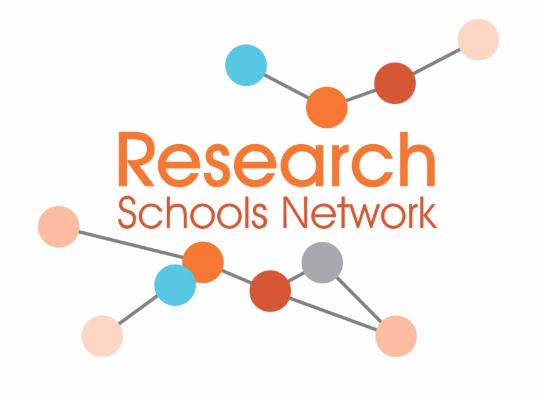Effective learning behaviours play a crucial role in enhancing learning outcomes and promoting lifelong learning. In this blog, we will explore the key components of effective learning behaviours, their importance, and how they can be fostered in educational settings.
1. Self-Regulation:
Self-regulation is a fundamental aspect of effective learning behaviours. It involves setting goals, managing time, and monitoring one’s own learning progress. Research by Zimmerman and Schunk (2011) suggests that students who possess self-regulatory skills are more likely to engage in deeper learning and achieve academic success.
2. Metacognition:
Metacognition refers to the ability to think about one’s own thinking processes. Students who are metacognitive are aware of their strengths and weaknesses, set realistic learning goals, and employ effective learning strategies. According to a study by Dunlosky et al. (2013), metacognition is strongly associated with improved learning outcomes.
3. Active Engagement:
Active engagement is the process of actively participating and interacting with learning materials. It involves asking questions, seeking clarification, and engaging in discussions. Research by Prince (2004) suggests that active engagement promotes deeper understanding, critical thinking, and knowledge retention.
Understanding effective learning behaviours
Publication Source

